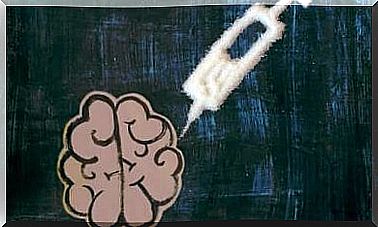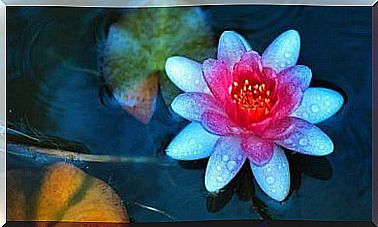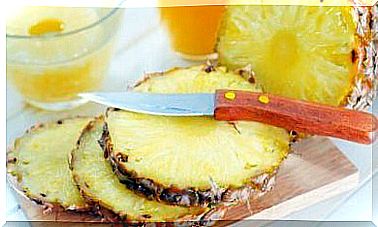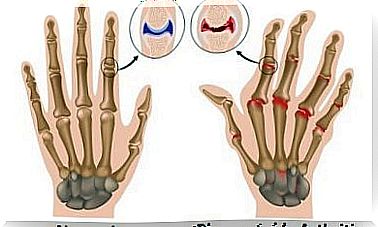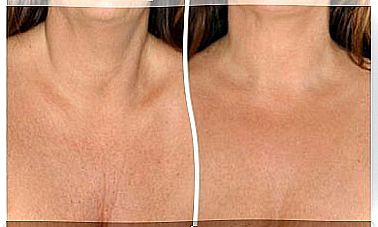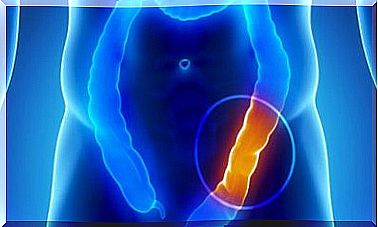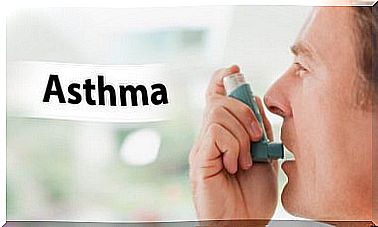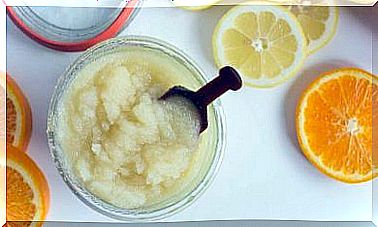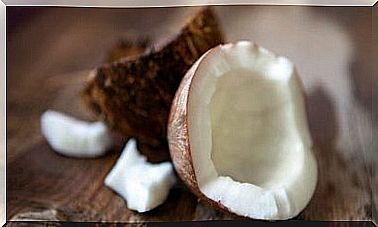Vegetarian Diet Without Nutrient Deficiency
When switching to a vegetarian diet, feelings of hunger can arise, as animal protein is very filling. Nevertheless, you should not eat excessive amounts, but pay particular attention to the quality and a balanced composition of your diet.

More and more people are switching to a vegetarian diet , which has various health and environmental benefits. Plus, many also choose it for ethical reasons, as they are big animal lovers.
However, many still believe that a purely vegetarian diet can cause health problems and therefore prefer a traditional diet with meat and other animal products.
However, there are many alternatives to avoid nutritional deficiencies as a vegetarian. Since there are more and more vegetarians, these products are now mostly easily available.
It is important to plan your vegetarian diet well so that it is balanced and contains all the important elements to maintain health. Vegetarians enjoy a variety of health benefits, including:
- Your cholesterol levels are usually lower
- her blood pressure lower,
- they consume less saturated fat,
- the risk of type 2 diabetes, heart disease and certain types of cancer is lower and
- the weight is also usually more balanced.
Vegetarian diet: different types

There are many different types of vegetarian diets, each differentiating in the type of food that is consumed.
The first thing most people think is that vegetarians don’t eat meat or fish. But there are also other peculiarities:
- Lacto-vegetarians do not eat meat, fish or eggs (not even in processed form). However , they incorporate animal products such as milk, cheese, yogurt and butter into their diet.
- Ovo vegetarians do not eat meat, fish, or dairy products, but eggs are allowed in their diet plan.
- Lacto-ovo vegetarians do not eat meat or fish, but they do include dairy products and eggs in their diet.
- Pescetarians do not eat meat, dairy products and eggs, but their diet includes fish.
- Vegans, on the other hand, reject any kind of animal nutrition. Milk, eggs and honey are also taboo for them.
There are also people who prefer a semi-vegetarian diet. They are also known as flexivegetarians because they eat mainly plant-based foods , but sometimes make exceptions in small quantities.
Vegetarian diet: these nutrients should not be missing
Vegetarians need to make sure that certain nutrients that are mainly (but not only) found in animal products are included in their diet.
iron
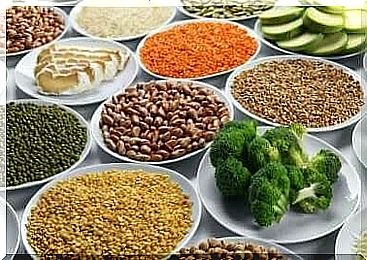
Iron is particularly abundant in red meat, but various herbal products also contain an abundance of this mineral.
It is very important for the production of red blood cells, which help transport oxygen. To prevent iron deficiency, vegetarians should include legumes, broccoli, grapes, wheat, and tofu in their diet.
Fortified cereals are also a great way to meet iron needs. It should be noted, however, that iron of vegetable origin is not easily absorbed by the body.
To compensate for this problem, foods rich in iron should always be taken in combination with vitamin C to facilitate their absorption and digestion.
Vegetarian diet and proteins
Proteins are made up of amino acids that are fundamental to health. There are 20 different amino acids that, in different combinations, form proteins. These are very important for the skin, muscles and all organs of the body.
A complete protein contains all of the amino acids the body needs. These proteins can be found in meat products. But there are also options in the vegetarian diet to supply the body with it. It is important to correctly combine certain foods, such as rice and legumes or corn and beans.
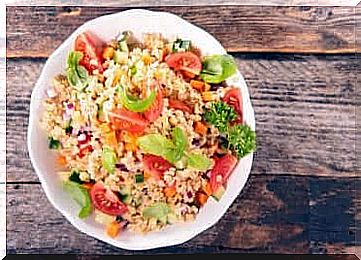
Other foods that provide (not quite as complete) proteins and should not be missing in a vegetarian diet are:
- Eggs
- Quinoa
- nuts
- Seeds
- Grains
- tofu
- soy milk
It is possible that switching to a vegan diet will make you feel more hungry, as the phytonutrients are not as satiating. However, it is still not necessary to overeat. You can fill yourself up with vegetables that are low in calories.
Vegetarian diet: conclusion
If you want to eat a vegetarian diet, you shouldn’t worry, as there are plant-based alternatives for all nutrients. However, vegans need to be careful because they may be deficient in vitamin B12 and should therefore supplement this vitamin.
Vegetarians in general (like non-vegetarians) need to eat a balanced, varied diet in order to avoid nutritional deficiencies or excess.
